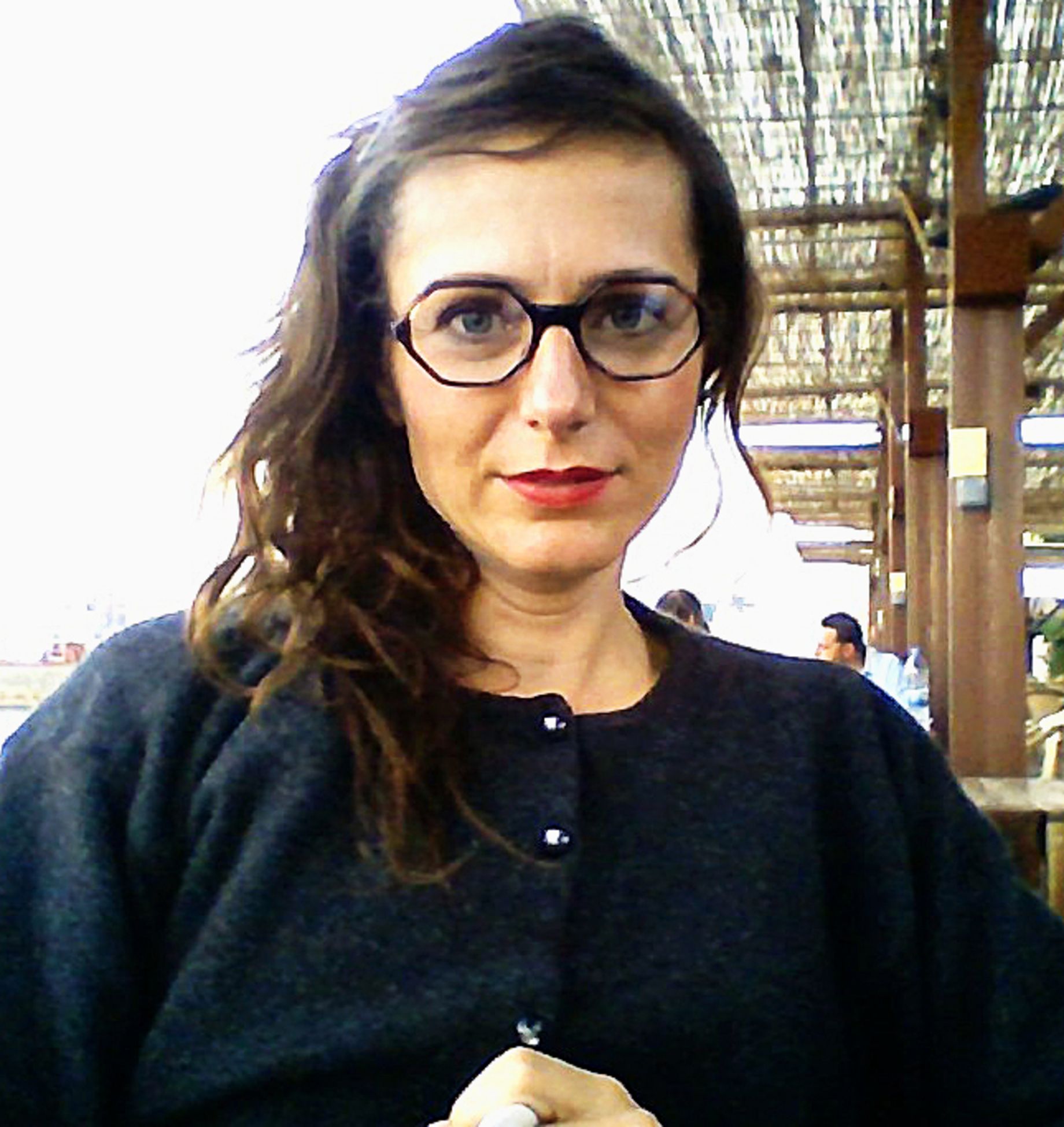The ‘Arab Spring’: What’s Next? The Socio-Legal Situation in Post-Revolutionary Tunisia
The developments after the ‘Arab Spring’ challenge the hypothesis that democratisation and secularisation go hand in hand (Weber 1946; Berger 1979). In Libya, the post-Gaddafi government liberalized polygamy (Ibrahim 2013); in Egypt, a high court suspended Mubarak’s khul’ law that allowed women to divorce (Lindbekk and Sonneveld 2015); and in Tunisia, the ‘re-Islamization’ of Bourguiba’s family code is being discussed (Voorhoeve 2015). In response to these developments, the proposed project examines the consequences of the ‘Arab Spring’ through the lens of law.
The project is a socio-legal study of the ‘Arab Spring’, using Tunisia as a case study. With a history of European occupation followed by ‘secular’ and ‘modernist’ authoritarian regimes, Tunisia is in many ways typical for the region (Volpi 2013). As the revolution opened a space for renegotiation of the authoritarian heritage, and as a formerly prohibited faction of ‘Islamists’ or ‘post-Islamists’ (Roy 2012) became a powerful actor in these negotiations, the question arises what happened to the law.
The principal research question of this project is: what are the consequences of the Tunisian revolution for the delicate fields of law? In order to answer this question, the study looks at practices of powerful institutions. In the Tunisian debates, the following topics emerged as ‘sites of contestation’ (Seidel 1995): gender and sexuality, dietary rules, freedom of religion, freedom of artistic expression and in the media.
The project examines which powerful institutions started to issue norms after the regime change in 2011 in these delicate fields of law, and what these norms are.


